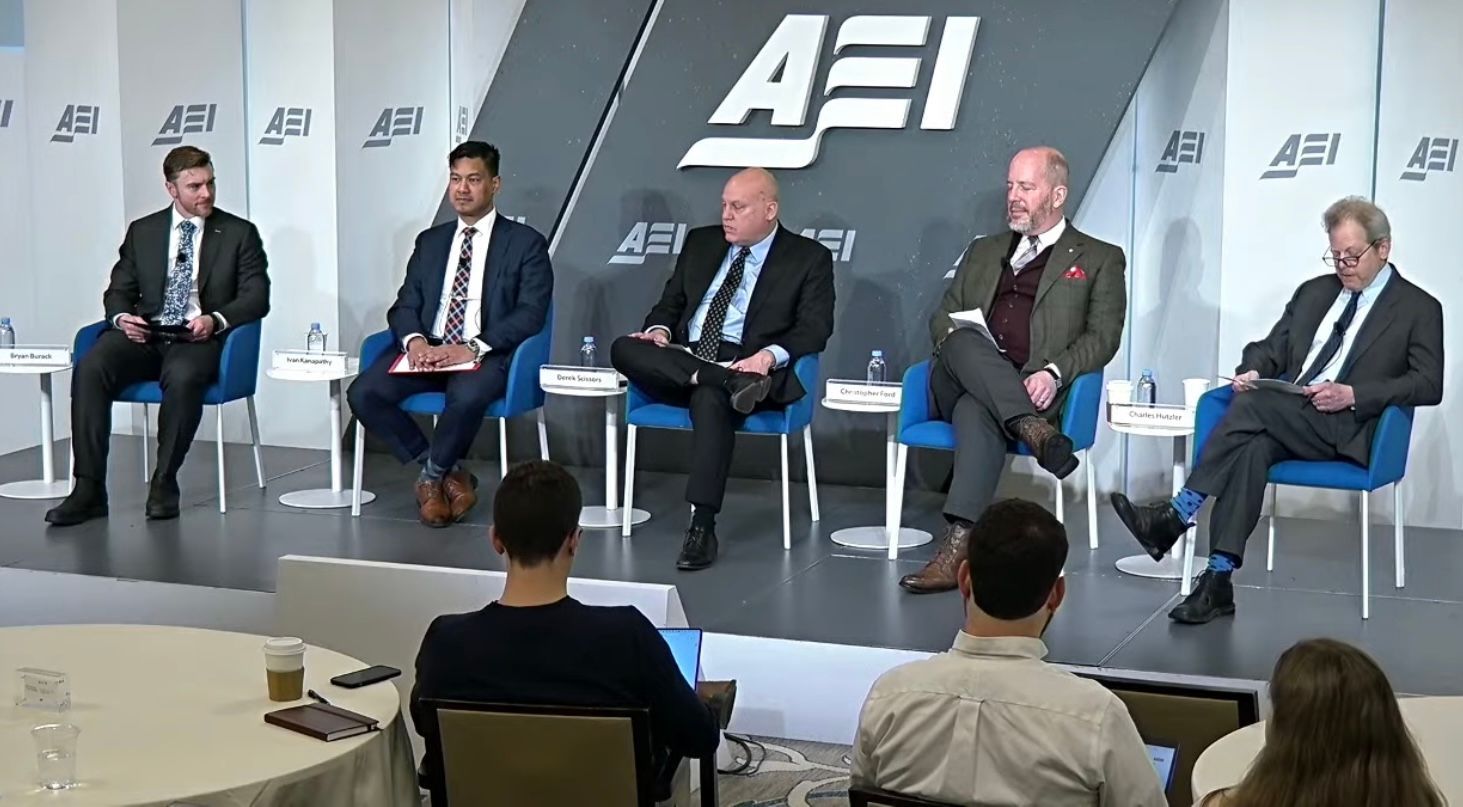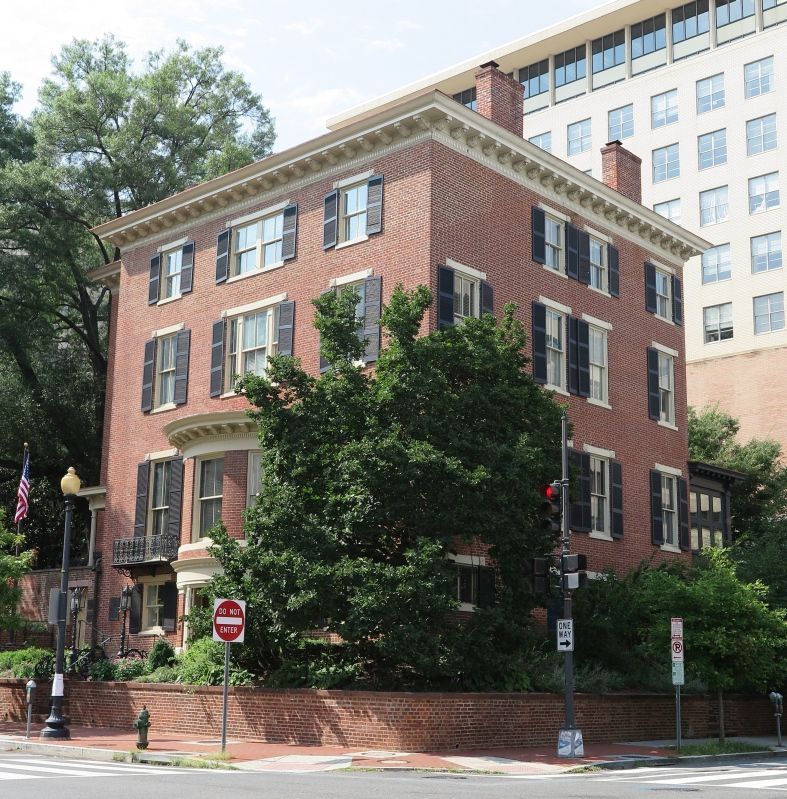The Hon. Christopher A. Ford
New Paradigms Forum -- International Security Policy Since 2009
GUEST BLOG: George Perkovich “Continuing the Dialogue” about the Iranian Nuclear Crisis
I welcome the chance to continue discussing the important issues raised by Chris Ford. In order to be brief, I will not try to correct or debate his less important arguments.
I would like to live in the world Chris wishes for. A world in which Iran does not enrich uranium, in which no additional state acquires uranium enrichment capabilities, no state claims to need uranium enriched to 19.75%, the IAEA treats noncompliance without compromise, the UN Security Council vigorously enforces its resolutions, and nonproliferation rules are strengthened.
Unfortunately, this is not the world we live in, and Chris’s essay does not offer realistic ways to bring it about. Weeding through secondary points and debatable historiography, we find Chris’s central recommendation: to “insist” that if Iran has not by January 1, 2010 stopped the “enrichment and reprocessing program in its tracks” and “completely and persuasively” answered “all outstanding questions (e.g. about past weaponization work)….it will face crippling economic sanctions – no ifs, ands or buts about it.”
My sentiments exactly. But, saying does not make it happen. In order for sanctions to cripple Iran they would have to be applied by the EU, China, Russia, Japan, the U.A.E., and India. Neither the Bush Administration nor the Obama Administration has been able to create the political-economic will of the UN Security Council to require such sanctions. Chris offers no practical guidance about how to change this reality. He says that “building diplomatic support for such long-overdue brinksmanship would certainly not be easy,” and then proceeds not to say how it could be done, other than to urge release of information about additional Iranian activities that do not comply with its NPT and safeguards obligations.
The logic of revealing additional Iranian non-compliance and of imposing crippling sanctions actually reinforces the central point of my essay: Iranian leaders are most keen to retain power, and loss of legitimacy is what can ultimately lead to their removal. Revelations of additional Iranian rule-breaking would further tilt the balance of legitimacy against Tehran and for the Security Council. Crippling sanctions would be intended to cause such grave economic mal-performance that the people would turn more actively against the government, compelling it to take the steps necessary to relieve the sanctions. This desired mobilization of pressure against the Iranian government depends on the perceived fairness of the rules, the obviousness of Iran’s violations of them, and the perceived intentions of those who press for enforcement, particularly the U.S. We can wish enforcement were less subjective and politicized, but it is not.
This is where reality most departs from Chris’s wishes. Ideally Russia and China would be willing to severely sanction Iran to enforce the demand for suspension of enrichment and reprocessing-related activities. Equally ideal, the Iranian people could conclude that enrichment is not a legitimate element of a purely peaceful nuclear program. But neither Chris nor I know how to persuade Russia and China to enforce suspension, and the Iranian public is unlikely to judge that the government’s insistence on some level of enrichment is illegitimate. After all, the UN Security Council resolutions call on Iran to suspend enrichment, but also envision a resumption of enrichment after Iran has built international confidence that its nuclear activities are peaceful.
Unlike a complete ban, barring enrichment above five percent is a line that could realistically be enforced because it does not ask Iran to forego more than its people and many other governments thinks is fair. Rather, the five-percent enrichment line could be part of a firewall between a purely peaceful nuclear program and a military one. Iranians insist that the former is legitimate and that they do not want the latter, which is illegitimate. The still-to-be-negotiated deal could design such a firewall whose other elements would have to include Iran’s commitment to transfer the low-enriched uranium it may produce to other states to be manufactured for fuel. U.S., French, U.K., and Russian negotiators are savvy enough to identify additional requirements that would not impinge on Iran’s rights for peaceful nuclear energy but which would strengthen barriers against weaponization. The ensuing definition of what are peaceful and what are military nuclear activities should be clear enough that the Security Council would pre-authorize further sanctions if Iran were to breach the firewall between them in the future. The occasion to pre-authorize sanctions would arise if the proposed fuel supply deal proceeds: the Security Council would have to amend existing resolutions in order to allow Iran to export LEU to be purified, enriched and fabricated into fuel for the isotope reactor. The penalty for conducting specified non-peaceful activities could be established as part of the amendment process.
If Iran does not accommodate such reasonable requirements, we should walk away from the proposed nuclear cooperation deal. The UN Security Council should add sanctions to penalize the Iranian government’s new and egregious breach of safeguards and Security Council resolutions and its refusal to meet the outstretched hand of the P-5 plus Germany. The Iranian government could then be left to face its own inability to turn the LEU it has produced into fuel for the Tehran reactor.
-- George Perkovich



Copyright Dr. Christopher Ford All Rights Reserved






